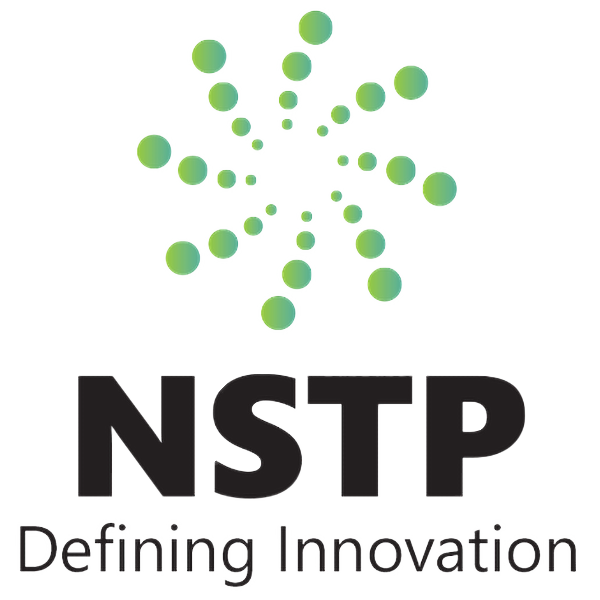Nanosensors has attracted tremendous attention in biosensing applications because of the flexibility in the design, automated, high multiplexing capabilities, precise manipulation of fluid flow with small volume of samples, simple alignment setup, and high sensitivity. Chip-based biosensors, in particular, are promising tools for the early detection and analysis of infectious diseases biomarkers, virucidal drug evaluation for the applications such as clinical cancer/tumor diagnosis, environmental monitoring and drug discovery. In recent years, these biosensors have attracted scientific interest due to their miniaturisation, biocompatibility, high transparency, high throughput analysis, and cost-effectiveness. However, the critical parameter of sensitivity is below the benchmark for these biosensors. Hence, in context of nanotechnology materials, it is necessary to design and fabricate an ideal biosensor that would be minimally-invasive, and provides in situ and real-time sensing in order to facilitate precise result in real-time, in vivo transdermal biosensing environment with high sensitivity.
The Challenge:
Micro- nano biosensors have been broadly used for point-of-care diagnosis of various cancer and infectious diseases but challenges are either screening process is unreliable, lengthy or cancer detection products are expensive and rarely available only in international markets. Thus, there is a huge potential in local market of Pakistan and rest regions of the World for the production of nanotechnology products.

National Science & Technology Park (NSTP)
Pakistan
